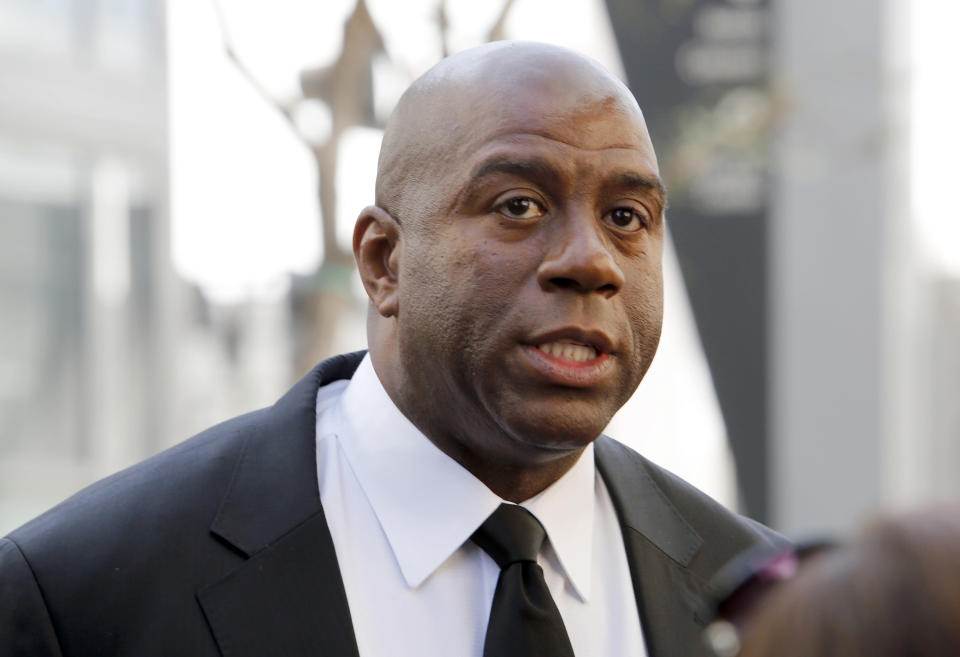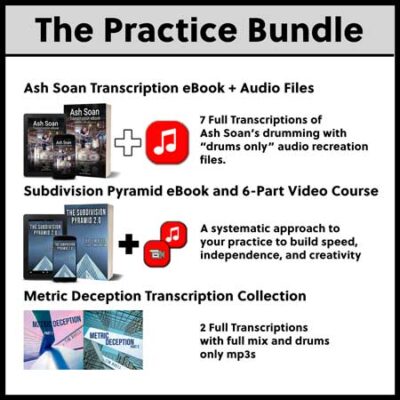

With most of the analog gear here there’s a sweet spot where the gear sounds best. I know my gear really well and it’s been tweaked for the highest possible performance. For me it all starts with the gain staging of my analog gear.

What are some of your techniques for getting all those nuances to become more apparent? One thing I’ve said many times is that you have a great knack for exposing the details and subtleties of a recording – I think it’s one of the things that makes you unique as a mastering engineer. People make music and want their music out there, so I take what I’m given and give them back something better. To some degree it’s turd polishing, but if you’re a good enough turd polisher people will pay you for it. Beyond that, re-invigorating a mix through fancy trickery like transient designers, expanders, and certain forms of compression that enliven a mix that’s already over-compressed. When that inevitably fails, the second technique is to lower the track so it doesn’t distort anything else in my chain – to avoid distortion on top of distortion. The first technique is shame! I shame the client into doing a recall that doesn’t sound like shit. Let’s say a record is over-modulated, what are some of your techniques for easing that up or otherwise putting the record in its best light? It’s helpful to know where the journey is going to end before you start… or at least to have an idea. In the old analog tape days listening to all of the tracks before you begin working on them was extremely slow. One of the advantages of working with digital files over analog tapes is that digital files give you the ability to quickly move from one section of music to another to get a very broad sense of the overall sound. I spend a lot of time listening to the record before I start working on it. That’s part of what makes a record sound like a complete work of art. The first thing I listen for is consistency, unless a record is intentionally inconsistent you want the record to have a consistent flow. Aside from listening for over-modulation, what’s the first thing you’re thinking or listening for? Let’s say you get a brand new record in from a brand new client.

After that they moved me to the night shift in another studio making tape copies and doing edits and such. It was probably the most valuable thing anybody has ever taught me. When they promoted me out of the library I became Vlado’s assistant for a few months. Cutting vinyl was how I started my career.
#STERLING SOUND REFERENCE FILE HOW TO#
It was the first thing I learned how to do as a mastering engineer. I was very interested in cutting vinyl and he was kind enough to teach me how to cut while I was still working in the library. What would you say were the most valuable things you learned as his assistant? One day it just sort of clicked for me that this was something I could do. I was in the library for 3 years or so, and during that time I had the good fortune of becoming friends with several very talented mastering engineers – I delivered master tapes to them everyday – so I spent a lot of time with these guys. It was an entry-level position and it was the only one I could get. Eventually I got a job at the studio in their tape library. That was my plan, but because of my lack of experience they wouldn’t hire me as an engineer. When I started at Sony Music Studios, I fully intended to become a rich and famous mix engineer. Enjoy!Īt what point did you decide you want to do mastering, rather than some other phase of production? I recently caught up with him to chat about his philosophies, approaches and techniques as a mastering engineer.


 0 kommentar(er)
0 kommentar(er)
